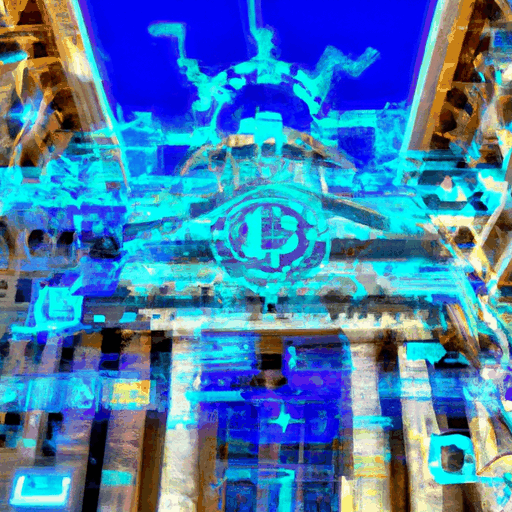
TradFi Giant State Street Explores Blockchain With Stablecoin And Tokenized Deposits
By: Eva Baxter
Traditional finance giant State Street Corp. is exploring the launch of its own stablecoin and tokenized deposits, aiming to leverage blockchain technology to enhance its payment settlement capabilities. The initiative was reported by Bloomberg News, citing sources familiar with the matter. The move aligns with State Street's existing efforts to integrate blockchain and digital assets into its services, reflecting a growing trend among traditional financial institutions to modernize with digital solutions.
State Street's interest in blockchain is significantly tied to its investment in UK-based payment startup Fnality. This investment is part of broader consortium efforts to develop digital cash solutions. By incorporating blockchain-based payment technologies, State Street aims to streamline and modernize global payments, thus enhancing operational efficiency.
The firm has already begun integrating its digital assets team into its broader business operations, providing fund management for spot Bitcoin ETFs and offering fund administration and accounting services for other digital asset initiatives. These efforts include a partnership with Galaxy Asset Management to develop cryptocurrency ETFs, responding to increasing market demand.
In the coming months, State Street plans to focus on the tokenization of assets such as funds. A recent survey conducted by the company revealed that nearly half of the 300 participating investment institutions are prepared to trade digital assets on and off distributed ledgers once the appropriate infrastructure is in place.
The trend of integrating blockchain and digital assets is becoming more prevalent among established financial institutions. JPMorgan Chase & Co. has been a pioneer in the space, launching its Onyx blockchain and stablecoin, JPM Coin, to facilitate programmable payments. Additionally, Goldman Sachs has begun trading digitized bonds on blockchain, demonstrating the rising confidence in these technologies within traditional finance.
Other financial institutions follow suit, with PayPal launching its PYUSD stablecoin and BlackRock delving into asset tokenization with a digital liquidity fund. Furthermore, the Monetary Authority of Singapore's Project Guardian illustrates the rising acceptance and application of deposit tokens among traditional banks.
These developments highlight the increasing importance of digital assets in streamlining financial operations and represent a significant shift in how traditional finance views and utilizes blockchain technology.



